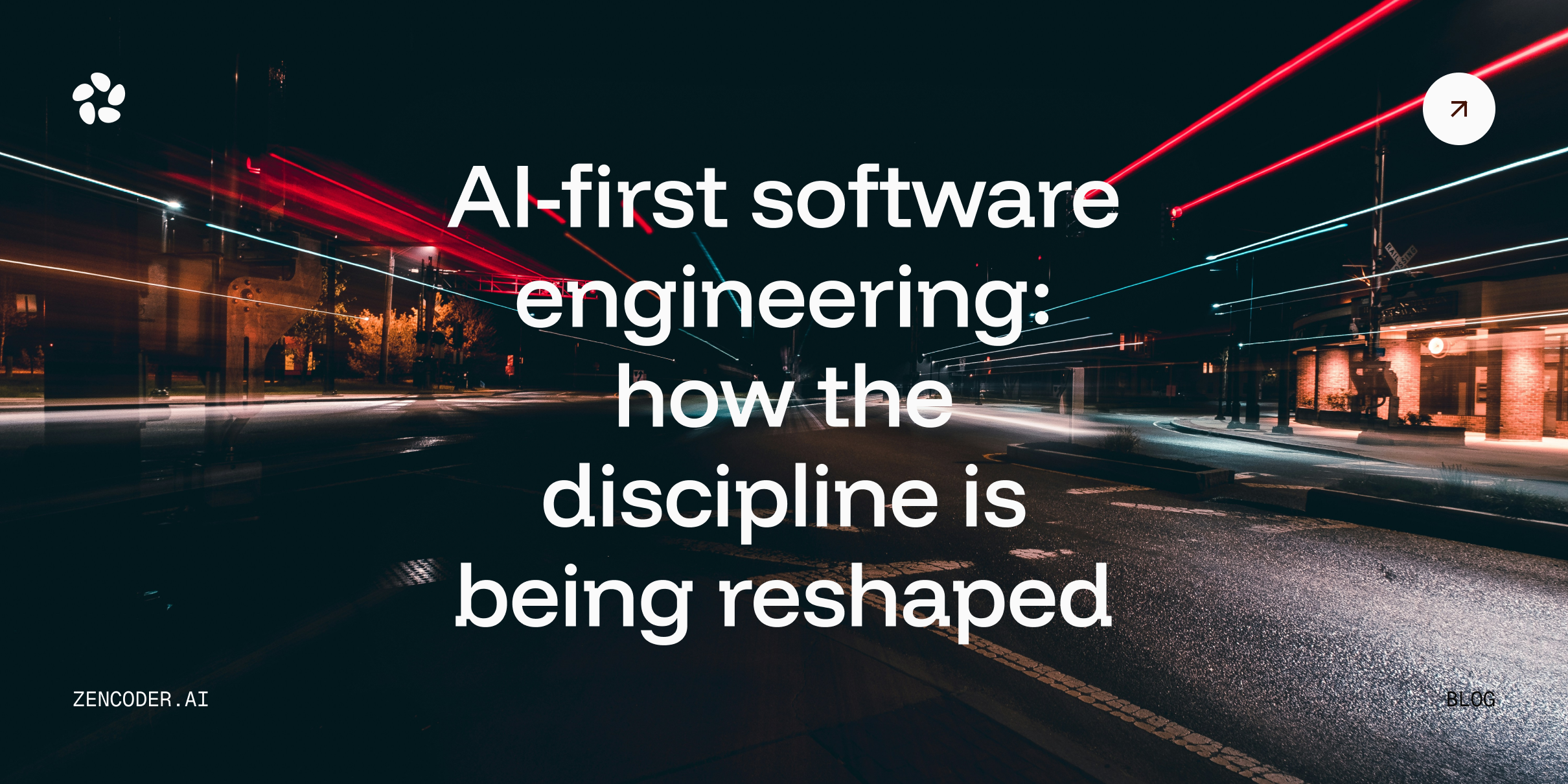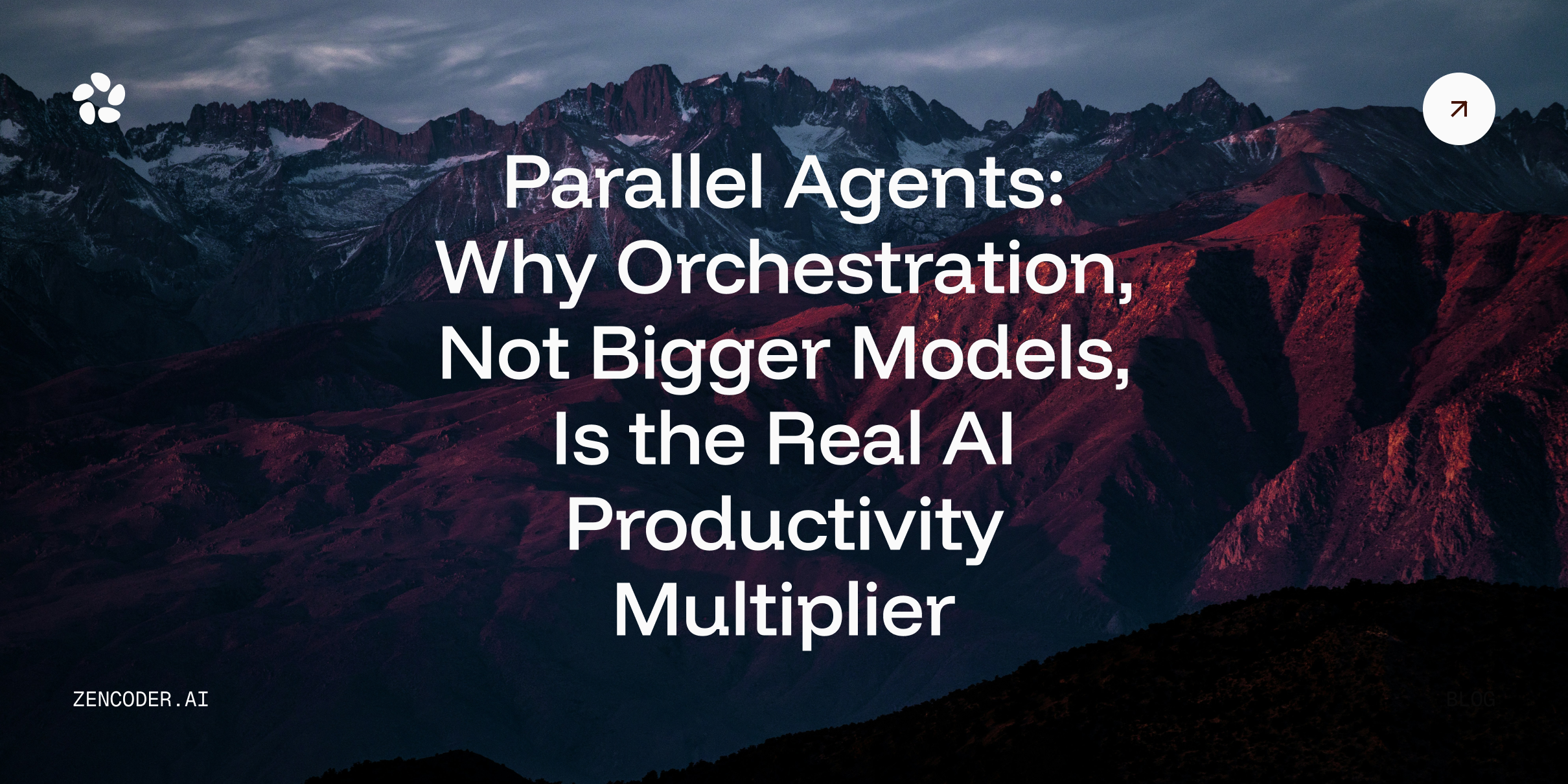The exciting possibilities of artificial intelligence in code generation are accompanied by certain limitations. It's important for us to thoroughly explore the nuances and boundaries that accompany this technology.
The potential of AI coding assistants is truly exciting. While current AI-driven systems excel at automating specific programming tasks, they still have room to grow in matching the expertise of experienced software engineers.
Understanding AI's Comprehension Gap
AI coding assistants are like the cool kids on the block, rocking cutting-edge algorithms and diving into vast data sets. Their powers come from pattern recognition and probabilistic inference. Humans continue to excel at learning new concepts quicker, generalizing their knowledge better, and finding more creative solutions to the problems.They also typically have a much richer context related to the engineering problem they are solving, and that context is grounded in the real world.
Limited Understanding of Context
AI coding assistants, despite their computational prowess, lack the ability to fully grasp context in the way humans do. Their outputs may miss subtleties that are critical to the success of complex projects. The assistants operate on the threshold of data-driven responses, devoid of the nuance in understanding that human developers naturally bring.
When addressing a coding task, these assistants can generate syntactically correct code but often disregard the "big picture". They are bound by the patterns they've learned from datasets, lacking the ability to capture the broader developmental intentions or business goals driving a project.
AI coding assistants excel in processing speed but often overlook the qualitative aspects of problem-solving.
Despite their efficiency: When tasked with integrating and adapting to new software environments or emerging paradigms (like those seen in agile development), AI assistants face challenges in aligning their output with the nuanced context and rationale of human decision-making processes. This limitation demands vigilant oversight to ensure functional coherence and fidelity to design intent.
Struggling with Abstract Concepts
AI coding assistants falter with non-concrete ideas.
Their algorithmic foundations tie them to specific patterns, making abstract reasoning a challenging task. They excel in structured data and clear instructions, but struggle with conceptual thinking that goes beyond raw data. Abstract concepts like agile methodologies or user experience design nuances often escape their grasp.
Coding assistants are inept at capturing tacit knowledge.
AI struggles with capturing tacit knowledge, which is knowledge that is felt rather than explicitly known. Its expertise lies in parsing and applying explicit knowledge found in documents or codebases, rather than interpreting unwritten best practices or industry intuition gained through experience.
Their lack of abstract understanding impacts development workflows.
AI struggles to grasp abstract concepts thus impacting its ability to seamlessly integrate into innovative development processes, often necessitating additional guidance to navigate these conceptual challenges and uphold qualitative standards.
Dealing with Code Complexity
While AI coding assistants excel at automating simple tasks and recognizing patterns, they may encounter challenges when dealing with complex code that requires a deep understanding of intricate logic. These systems are built on statistical models and machine learning algorithms that are proficient at identifying patterns but may struggle when faced with untangling complex logic intertwined with business rules and exception handling. The context becomes essential in these situations, as decisions often need to align with diverse requirements that demand both technical expertise and domain knowledge, areas where current AI tools may have limitations.
Difficulty Addressing Edge Cases
AI coding assistants often falter when confronted with edge cases. Their programmed boundaries restrict adaptability, leading to suboptimal code generation when unusual or unforeseen circumstances arise.
Since AI models are trained on data sets with common examples, they inherently lack the sophistication needed to interpret and solve problems that lie outside the scope of their training data. This results in less helpful or even incorrect suggestions when they encounter edge case scenarios, which are by nature rare and tricky to handle effectively.
Moreover, edge cases often require a nuanced understanding of a system's broader context and potential interactions, a level of discernment AI coding assistants have yet to achieve. Consequently, such assistants might not only miss the edge case but could also suggest solutions that lead to further complications or vulnerabilities in the system.
As developers, relying on AI to handle these edge cases without rigorous scrutiny could inadvertently introduce bugs or security issues into the system. This obliges developers to remain vigilant and intervene manually to ensure the integrity of the code.
In these fringe situations, the value of human insight and expertise cannot be overstated. AI coding assistants serve as tools, not replacements, for the critical thinking and problem-solving skills that experienced developers bring to the table.
Handling Intricate Algorithm Challenges
Complex algorithms require advanced logic and a deep understanding of the specific problem domain. AI coding assistants may falter here, lacking the insight to devise sophisticated solutions.
In particular, when algorithms involve heuristic methods or are NP-hard—they present scenarios that are computationally intensive and not easily optimized. These nuances typically exceed the operational scope of AI-driven coding aids.
Additionally, algorithms that benefit from the nuances of human creativity or domain expertise illustrate another limitation. AI may not effectively incorporate abstract concepts or novel approaches to problem-solving that human intellect can.
For instance, when addressing challenges like concurrency or designing algorithms for distributed systems, subtleties matter. Here, AI assistants might struggle with the interplay between computational components, especially under complex system constraints.
Ultimately, while AI coding assistants can offer valuable assistance, they are not endowed with the deep strategic thinking required for high-level algorithm design. Their assistance must be augmented by human expertise.
Integration and Collaboration Issues
AI coding assistants can fall short when it comes to integrating with existing development workflows and tools. As modern software development relies heavily on continuous integration/continuous deployment (CI/CD) pipelines, version control systems, and collaborative platforms like GitHub, challenges arise. These AI tools often lack the sophistication to navigate complex integration landscapes, potentially leading to friction within established processes and disrupting developer ecosystems.
Moreover, when teamwork is central to project success, AI coding assistants can struggle with the subtleties of human collaboration. Aspects such as understanding team dynamics, coding styles, or aligning with project-specific conventions are beyond the purview of most AI tools. Their inability to adapt to the nuanced communication and decision-making processes that drive collaborative efforts results in a gap that must be filled by human oversight and interaction in order to maintain project coherence and direction.
Overcoming Collaboration Hurdles with Dev Teams
Effective team collaboration is essential in navigating the complexities of development workflows and tool integrations.
- Establish Clear Communication Protocols: Ensure alignment on project objectives and maintain regular updates to minimize misunderstandings.
- Adopt Agile Methodologies: Encourage iterative development and continuous feedback to adapt quickly to changes and collectively refine solutions.
- Facilitate Knowledge Sharing: Organize code reviews and pair programming sessions to spread expertise and foster collective code ownership.
- Utilize Collaborative Platforms: Leverage tools like GitHub to streamline contributions and track changes in a transparent and efficient manner.
- Define Roles and Responsibilities: Clarify each team member's role within the project to optimize task distribution and accountability.
Choosing the right collaborative strategies can significantly reduce friction and increase synergy among team members.
Maintaining a balance between AI assistance and human oversight ensures the direction and coherence of complex projects.
Ensuring Compatibility with Existing Tools
AI coding assistants must seamlessly integrate with a developer's existing toolkit to be effective. It's imperative they complement, not complicate, the development workflow. Any AI coding solution must eschew causing disruptions or necessitating cumbersome adjustments to the established processes.
In the dynamic realm of software engineering, tools are often interconnected, forming a complex ecosystem. An AI assistant that does not play well with version control systems like Git, or IDEs such as Visual Studio Code, could diminish its utility. Its adaptability across multiple platforms and tools is essential to fit into the developer's environment.
Moreover, the coding assistant's compatibility should extend to various programming languages and frameworks. Its ability to contribute meaningful code suggestions hinges on understanding the syntax and nuances of each environment. This versatility is paramount for teams working with polyglot programming practices, ensuring the assistant's interventions are contextually appropriate.
The extension of this compatibility should include adherence to coding standards and style guides. The AI must not only generate syntactically correct code but also conform to a team's established conventions, thereby rendering its contributions immediately useful without extensive reformatting or refactoring by human developers.
In conclusion, an AI coding assistant's value is greatly enhanced by its ability to integrate into the existing matrix of tools with minimal disruption. It should be a facilitator of productivity, not a source of additional complexity.
Zencoder's Agentic Approach to Code Improvement
Zencoder takes an innovative approach to code improvement by incorporating embedded agents into a proprietary AI pipeline. This agentic approach allows for the generation of high-quality code with increased efficiency and accuracy.
Leveraging Embedded Agents for Code Enhancement
Zencoder's AI pipeline utilizes embedded agents that are specifically designed to analyze and optimize code. These agents act as intelligent assistants, working alongside developers to improve code quality and efficiency.
By embedding agents into the pipeline, Zencoder enables a seamless integration of AI technology into the coding process. These agents are trained on vast amounts of code data and are equipped with advanced algorithms that identify patterns, identify potential code improvement opportunities, and suggest optimized solutions.
Enhancing Code Quality with AI Assistance
Zencoder's embedded agents play a vital role in enhancing code quality. They have the ability to identify common programming mistakes, refactor complex code structures, and suggest best practices for optimization. These agents possess a deep understanding of coding standards and industry conventions, ensuring that the generated code adheres to established guidelines.
Moreover, the embedded agents in Zencoder's AI pipeline can detect potential bugs, security vulnerabilities, and performance bottlenecks. They provide valuable insights and automatically address these issues, enabling developers to create robust, secure, high quality and efficient code.
Increasing Development Efficiency and Accuracy
By integrating embedded agents into the code improvement process, Zencoder significantly increases development efficiency and accuracy. These agents can take care of routine tasks, generate and run unit tests, documentation generation, freeing up developers' time to focus on more critical aspects of coding.
Furthermore, Zencoder's embedded agents have the ability to learn from previous coding projects, continuously improving their performance and accuracy over time. This iterative learning process enables the pipeline to provide increasingly accurate suggestions and solutions, leading to higher-quality code.
Empowering Developers with AI Assistance
Zencoder's agentic approach to code improvement empowers developers by providing them with AI assistance throughout the coding process. The embedded agents act as reliable partners, offering valuable insights, suggesting optimized solutions, and helping developers overcome challenges.
This collaborative environment fosters innovation, enabling developers to leverage the power of AI to create high-quality code efficiently. With Zencoder's agentic approach, developers can confidently rely on AI assistance to enhance their coding abilities and deliver exceptional results.
In conclusion, Zencoder's agentic approach to code improvement, with its embedded agents and proprietary AI pipeline, streamlines the coding process, enhances code quality, and improves development efficiency and accuracy. By leveraging the power of AI, Zencoder empowers developers to generate high-quality code that meets the highest standards of software development.


_%20The%20Engineering%20Method%20AI%20Needed%20(1).webp)
